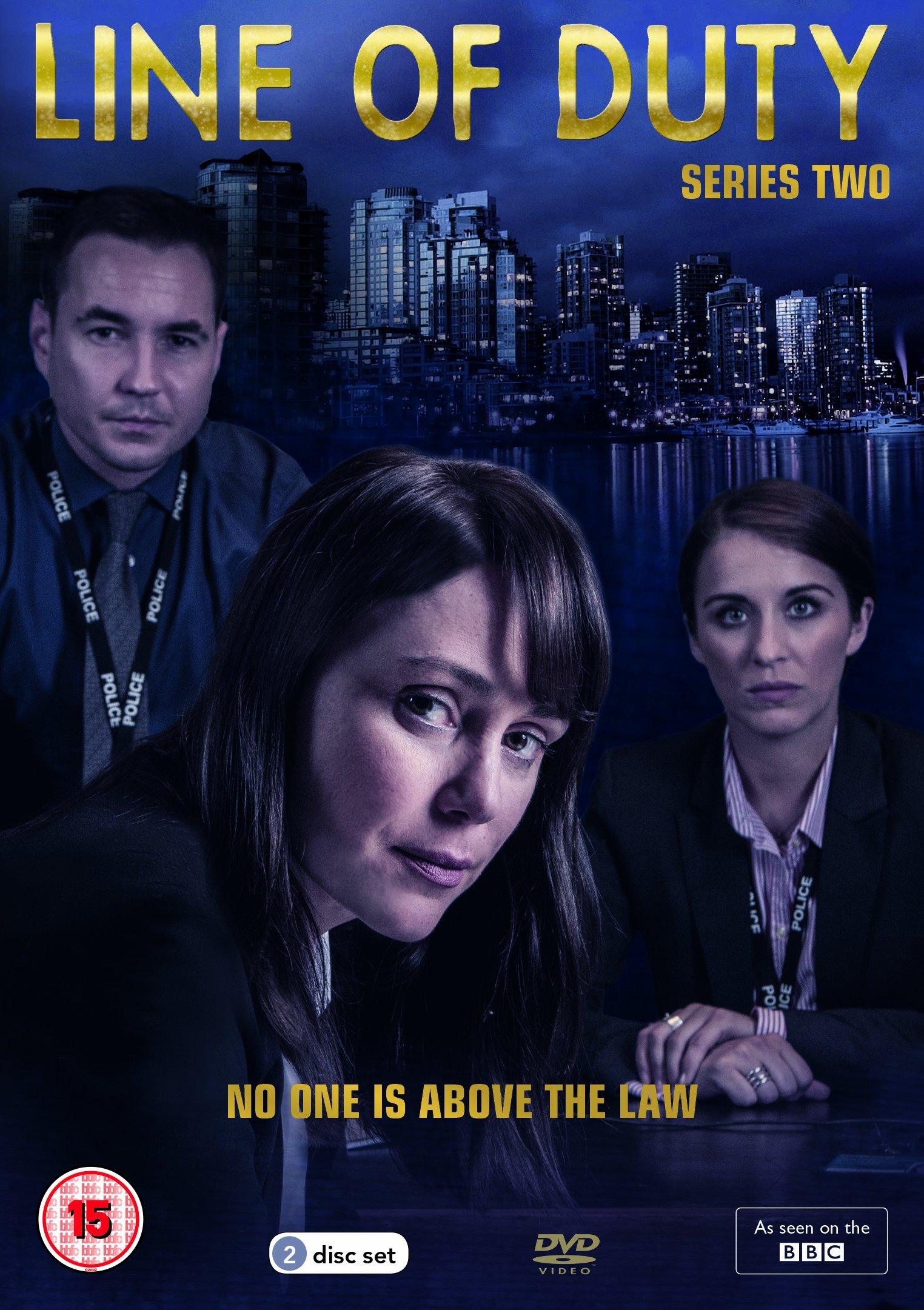Exploring the Impact of Line of Duty on Crime Drama

Introduction
The BBC’s ‘Line of Duty’ has become a cultural phenomenon in the realm of crime drama. Since its debut in 2012, the series has captured audiences with its intricate plots, intense character development, and thought-provoking themes around police corruption and the ethics of law enforcement. Its relevance in contemporary television cannot be overstated, as it not only entertains but also sparks important conversations about integrity within the police force.
The Show’s Journey
Created by Jed Mercurio, ‘Line of Duty’ revolves around AC-12, a police unit dedicated to tackling corruption within the police force. The show has gained critical acclaim over the years, particularly for its challenging narrative style, cliffhangers, and unexpected twists. As of October 2023, the series has successfully aired six seasons with a seventh in the pipeline, demonstrating its significant hold on the UK television landscape.
Each season typically focuses on a different case of suspected police corruption, allowing for a fresh narrative while continuing to develop the main characters, such as Superintendent Ted Hastings, played by Adrian Dunbar, and DS Steve Arnott, portrayed by Martin Compston. The depth of the characters is complemented by the show’s ability to raise pertinent questions regarding the reliability of authority figures and the moral complexities involved in criminal investigations.
Significance of the Show
The impact of ‘Line of Duty’ extends beyond entertainment; it has also highlighted the importance of accountability within law enforcement agencies. The series has received praise for its realistic portrayal of police procedures and the intricate balance between upholding the law and personal ethics. In light of recent discussions surrounding police transparency and integrity, ‘Line of Duty’ serves as a critical reflection of real-world issues.
The show has also influenced other crime dramas and thrillers, pushing writers and producers to adopt similar storytelling techniques to create suspense and engage audiences. As a result, the genre has evolved, and viewers have come to expect high levels of complexity and narrative depth.
Conclusion
‘Line of Duty’ stands as a pillar in the crime drama genre, merging riveting storytelling with significant social commentary. As it continues to captivate audiences, the series remains a vital tool for exploring the shadows of police work and the fight for justice. With a dedicated fan base and ongoing critical interest, future seasons have the potential to deepen the discourse surrounding crime, ethics, and accountability, making it a significant point of reference in both television and societal discussion.
